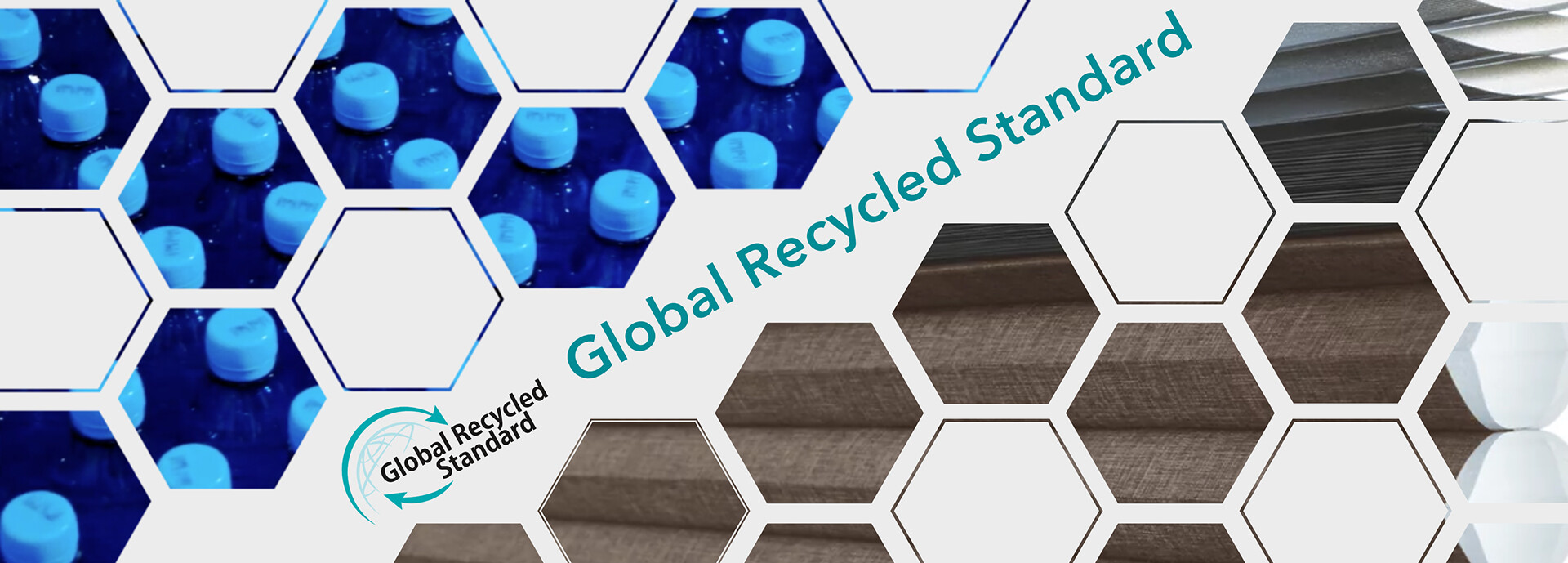
In France, the ‘AGEC (Anti-Gaspillage et Economie Circulaire) law’ is a significant piece of legislation passed in 2020. Its overarching objective is to foster the circular economy and curtail waste across the nation.

1. Key Provisions Regarding Recycled Materials
- Plastic Packaging:
By 2025, all plastic packaging is mandated to incorporate a specific percentage of recycled materials. For instance, single - use plastic bottles must contain at least 25% recycled plastic, and there are plans to incrementally raise the proportion of recycled materials in other plastic packaging.
- Ban on Single - use Plastics:
To reduce the prevalence of single - use plastic items, the law prohibits the sale of certain products like plastic tableware, straws, and stirrers. It simultaneously encourages the substitution of single - use plastics with renewable or recyclable alternatives.
- Market Promotion:
The AGEC Law endeavors to stimulate the production and utilization of recycled materials through economic incentives. This includes offering tax benefits or subsidies to businesses that employ recycled materials and advocating for public procurement to prioritize products with recycled content.
- Recycling and Quality Enhancement:
There is an emphasis on improving waste recycling rates and ensuring the quality of recycled materials. This is achieved by strengthening waste sorting and recycling infrastructure, setting more ambitious recycling targets, especially for plastics, paper, and textiles, and promoting the standardization and certification of recycled materials.
- Textile Recycling:
Textile manufacturers and sellers are made responsible for recycling (Extended Producer Responsibility - EPR). Additionally, the development and use of recycled fiber materials are encouraged.
- Consumer - related Measures:
To enhance consumers' understanding and acceptance of recycled materials, product labels are required to clearly indicate the presence and proportion of recycled materials. Public awareness campaigns are also carried out to highlight the environmental benefits of recycled materials.
- Research and Innovation:
The law provides support for research and innovation in recycled material technologies. It funds relevant research projects and assists enterprises in developing new recycled materials and production techniques.
2. Significance and Impact
The AGEC Law plays a crucial role in France's journey towards a circular economy. By implementing a wide - ranging set of measures, it not only addresses environmental concerns but also has the potential to drive innovation in the industrial sector. It encourages businesses to adopt more sustainable practices, which can lead to long - term environmental benefits, such as reduced waste sent to landfills and a decreased reliance on virgin materials. Moreover, it can stimulate the growth of a circular economy - focused industry, creating new job opportunities and contributing to a more sustainable economic model in France.
